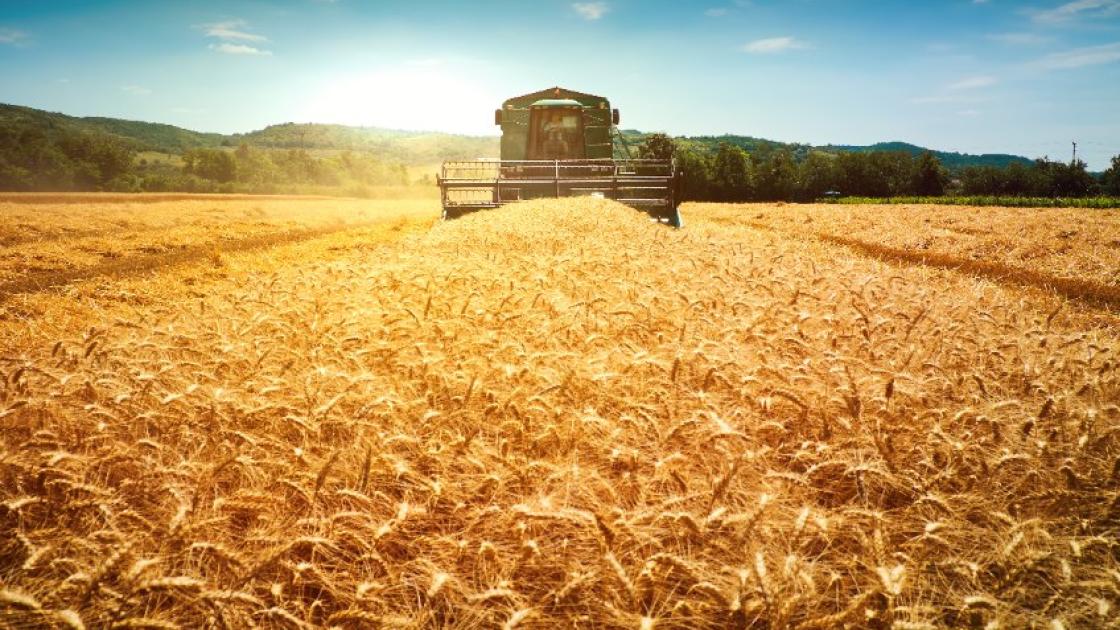
Recognize and avoid mental overload this harvest season
As rewarding as the farming profession is, it comes with plenty of challenges for farmers and their families. The fall harvest season can be especially demanding on a farmer's physical and mental well being, when factors like fatigue, financial pressures, weather, time constraints and an intensely heightened workload become even more pronounced.
It's no surprise that during the hustle and bustle of a busy harvest season, many farmers struggle to find time for themselves and stay on top of their mental wellness. Being so focused on work, some farmers may even fail to notice just how stressed out they actually are! This lack of awareness can lead to unintended and sometimes serious consequences, such as farming accidents caused by distraction or fatigue.
Remember: Taking good care of your family and your farm requires that you take good care of yourself, too. Keep reading to learn about some not-so-obvious signs of stress and some practical strategies on how to avoid feeling overloaded this fall.
Sometimes subtle signs of stress
In the short-term, stress is a normal and healthy response to challenging situations. But when a person experiences intense or long-lasting stress, harmful effects on the body and mind can develop, from high blood pressure to fertility problems.
Intense stress usually comes with warning signs and symptoms. Unfortunately, ignoring or dismissing these could prevent you from taking necessary action to address it and ultimately make matters worse.
Here are 10 ways that persistent farm-related stress may show up in your life:
- Headaches and other physical aches and pains with no clear cause
- Frequent teeth grinding or jaw clenching
- Difficulty falling asleep or staying asleep
- Upset stomach, constipation, diarrhea or other digestive problems
- Excessive or compulsive use of social media or television
- Excessive or increased consumption of food, alcohol, tobacco products or other substances
- Problems with physical intimacy
- Irritability and anger
- Sadness
- Difficulty concentrating or a lack of motivation
You may know of other ways that farming-related stress personally register. Check in with yourself regularly and develop some simple habits and skills that will help you keep your stress under control.
More stress management ideas to help you avoid overload this harvest season
Recognizing the signs of stress in yourself or a loved one is an important step in avoiding overload this fall season. You can also practice some tried-and-true stress management strategies, like getting organized and eating a healthy diet.
There are other things you can do that will help you manage your stress:
- Download a meditation app and use it for 5 to 10 minutes per day.
- Create and follow checklists, especially for things like operating heavy machinery or doing anything that requires intense concentration.
- Schedule at least one fun activity per week. As silly as it may sound, sometimes the best way to make sure you actually take the time to relax is to fit fun activities into your calendar ahead of time. After all, you wouldn't skip an appointment with a buyer or trucker—so treat these fun activities with the same level of commitment. They really are that important! Whether it's a round of golf, a hike or something simple with family or friends, be sure to show up and engage.
Farming stress is unavoidable—but it is manageable. Find support today!
If you're a member of the southern Illinois farming community and would like some help managing your stress or improving your mental health, call or text SIU Medicine's Farm Family Resource Initiative (FFRI) now at 1-833-FARM-SOS or explore our resources online.
Karen Leavitt Stallman
Ag Resource Specialist



